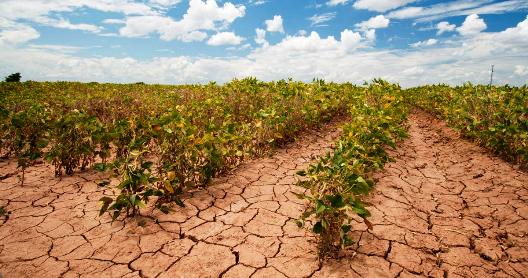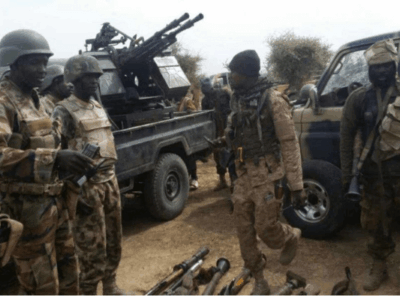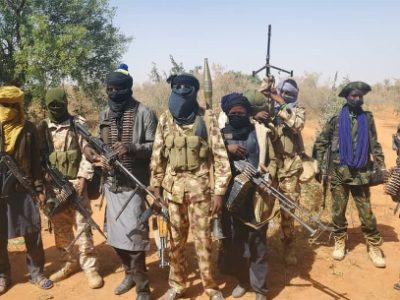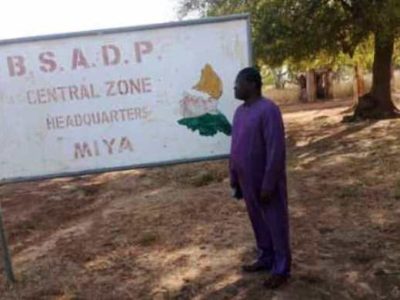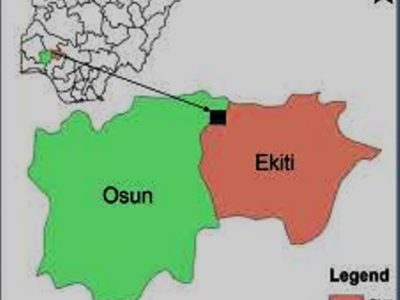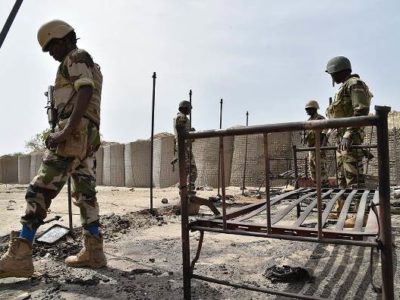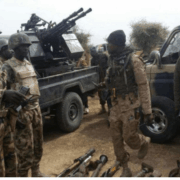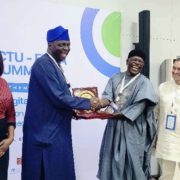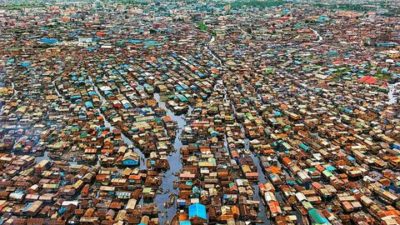By Anagba, Joseph Obidi
The cracked, sun-baked soils of rural Nigeria tell a painful story—one not just of drought or failed harvests, but of a growing conflict fueled by climate induced insecurities. Across the country, communities once held together by mutual trust and reliance are now being torn apart as rising temperatures, water scarcity, and land degradation ignite tensions between farmers and herders in Nigeria’s North central states of Niger, Plateau, and Benue at an alarming rate.
What we are witnessing isn’t just a local problem—it’s a national emergency. Nigeria’s rural regions, especially in the North-East, North-Central, and North-West, have become flash-points for climate-driven violence and mass displacement. And unless we act swiftly, the crisis will deepen, destabilizing both our security and our economy.
Desertification, collapse of balance and inevitability of conflict
For generations, farmers and pastoralists coexisted in a delicate balance. Herders moved south in the dry season and north with the rains, their cattle fertilizing the fields they passed. But as desertification creeps in from the north and dry seasons grow longer, that balance has collapsed. Grazing windows have shrunk, forcing herders to encroach on farmlands earlier and more frequently—often during the critical planting season. Conflict has become inevitable.
And it’s not just nature that’s fueling this crisis—it’s human action, too. According to the United Nations (UN’s) REDD+ Programme Nigeria loses over 400,000 hectares of forest every year, reducing available land and water sources. Farmlands continue to expand into traditional grazing routes. Population pressures are mounting. Add to that widespread poverty, weapons in the wrong hands, and political elites who profit from the chaos, and you have a perfect storm.
Some states tried to respond. In 2016 and 2017, Ekiti, Benue, and Taraba banned open grazing, hoping to reduce conflict. But instead of bringing peace, these policies backfired. Violence actually spiked by nearly 50% in 2018 till date. Why? Because the bans were passed without offering alternatives like ranching infrastructure or inclusive dialogue. They pushed pastoralists into a corner, fighting not just for land—but for survival.
This isn’t just about land anymore. It’s about leadership. Our land tenure laws remain vague, security responses are often reactive, and many communities no longer trust the state. When people feel abandoned by their government and pressured by nature, conflict becomes the only outlet.
Consequences are devastating
The consequences are devastating. Millions of Nigerians are being displaced—some by violence, others by the slow creep of drought. Food insecurity is rising. According to the Food and Agriculture Organization of the United Nation, in 2023 alone, over 733 million Africans faced hunger, and that one in five people in Africa (or 20.4% of the African population) faced starvation which is the highest percentage of any region and Nigeria was no exception. Families are leaving farming altogether, only to find themselves trapped in deeper poverty.
Women, in particular, suffer the most. They are the backbone of rural food production, yet they face the longest work hours, the least land rights, and the highest risk of violence—especially during times of scarcity and displacement. While many women show remarkable resilience—preserving seeds, rationing food, finding ways to stretch meager resources—they still face structural barriers to recovery.
What’s worse, Nigeria’s crisis is spilling across borders. According to a study published by the Journal of Cleaner Production theorized that increased conflicts between crops farmers and herders in Nigeria could spill over into neighboring countries, if the competition for climate change induced scarcity of resources is not addressed. The study says that activities such as burning vegetation, deforestation and livestock over grazing have led to increased carbon emission, leading to negative effects on rainfall and water access for livestock as well as the closure of grazing routes is trapping nomadic communities in hostile territory.
Extremist groups like Islamic State Sahel Province (ISWAP) and al Qaeda (AQ) affliate Jama-at Nasr al Islam wal Muslimin (JNIM) and their local affiliates like the jihadist group Boko Haram, Mamuda and the Lakurawa armed groups, has become one of the deadliest terrorist groups operating between Nigeria and Niger Republic. These groups have seized the opportunity—offering protection, food, or water in exchange for loyalty. Some even destroy water infrastructure to control access and power. It’s a dangerous game that turns drought into a recruitment strategy, exacerbating governance voids and fragmenting the region.
So, what can be done?
First, our leaders must acknowledge that this is not just an environmental issue—it’s a security issue. Climate change is already destabilizing communities, and treating it as a secondary concern is a dangerous mistake.
Second, policies must be inclusive. It’s not enough to pass laws banning grazing or allocating land for ranching for pastoralist—we need to involve farmers, herders, women, and local leaders in decision-making. Inclusive dialogue has proven to reduce violence more effectively than blanket bans.
Third, we need urgent investment in climate-smart agriculture, credit access for rural families, and support for women farmers. Big initiatives like the Great Green Wall are promising—but they must be matched with immediate support for livelihoods on the ground.
Finally, this crisis requires regional cooperation. Nigeria cannot solve it alone. Our neighbours in the Sahel face the same struggles. Cross-border migration, water management, and anti-extremist strategies must be addressed together—not in isolation. The cost of inaction is too great, and we can absolutely prevent catastrophic long-term humanitarian and security impacts. The vehicle to act exists in a renewed Sahelian Compact which, with its clear and actionable steps, provides a collective action on a shared challenge.
The truth is clear: climate change is no longer tomorrow’s problem. It is here, and it is tearing at the fabric of our rural communities. The 2024 protests over food prices in Nigeria and Kenya are just the beginning. If we do not act now, the climate will not only destroy crops—it will destroy peace.
Nigeria has a choice. We can continue to respond with short-term fixes and political blame games. Or we can face the reality of climate-driven conflict and build a system where security means fertile land, clean water, and opportunity for all.
The time to act is not next year. It’s now.
About the Author:
Anagba, Joseph Obidi is a researcher at the Institute for Peace and Conflict Resolution (IPCR), Abuja, Nigeria. He can be reached on [email protected]

